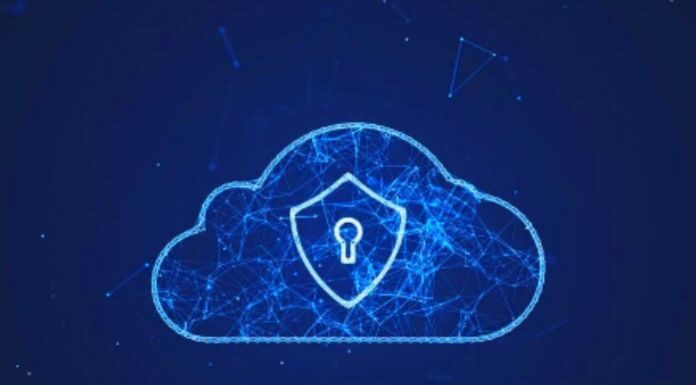Cloud Computing: In the information age, the data used in the day-to-day of companies have gained more and more relevance, being recognized as assets of great value.
In this sense, organizations must prioritize security in handling this data to keep up with their legal obligations. The use of tools, such as cloud computing, represents an important ally for information security and control, assisting in the company’s adaptation activities to its internal and external regulations, which help to avoid problems such as losses, leaks, and fraud.
In this article, we will deepen our knowledge about how security solutions in cloud computing affect compliance actions in companies and how to develop strategies aimed at information security. Follow!
After All, What Is Compliance, And Why Is It Important For The Company?
Before proceeding with studying the relationship between security in cloud computing and compliance, it is necessary to review the meaning of some fundamental concepts to take greater advantage of them.
The expression compliance is of English origin and can be understood as a synonym for the word conformity. It is a concept that represents the alignment of a company’s activities and processes according to the specific parameters, obligations, rules, and laws applied both to its external and internal environment.
Therefore, compliance deals with the company’s alignment with the pre-established rules in its market or its internal actions. Internally, we can exemplify compliance actions as efforts dedicated to obedience to a certain code of conduct. While externally, this concept represents obedience to certain laws applicable to its sector of activity.
How Does Cloud Computing Security Relate To Compliance?
Cloud storage has gained more and more space in the business world due to its ease and advantages in storing, securing, and sharing files and information. The risks of theft, fraud, vulnerability to attacks, and losses are drastically reduced due to the security protocols adopted in these environments.
This allows for a leap in quality in information management, analysis capacity, and improving a company’s internal processes. Compliance is also affected, as best practice actions or even other actions related to compliance with current legislation, for example, are easily accessed and disseminated for compliance throughout the company.
Many cloud solution providers also look for certifications that guarantee greater credibility to their offer of value and compliance with the most comprehensive standards in different sectors. Therefore, companies that contract the services of these providers end up “automatically” receiving these same benefits in compliance with their IT operations.
How To Develop A Compliance Strategy For Corporate Information Security?
Now that you understand what compliance is and how important it is for companies, it’s time to understand how companies can develop a compliance strategy for corporate information security. Building a compliance strategy helps in the continuous control of information security, ensuring more protection against losses and risks of cyberattacks.
To ensure that your company will remain compliant even if it migrates its structure, systems, and data to the cloud, it is important to pay attention to the following points. In the external area, it is necessary to carefully map all the laws and other regulations that affect the company to avoid problems such as fines or prohibition of operation.
Even though some companies are not greatly affected by external regulations, there are norms and procedures adopted that function internally as standards that need to be considered when setting up the plan, as they directly affect the implementation of systems and the organization of the entire IT structure.
However, it is necessary to understand which standards of conduct may exist formally and informally arising from internal or external pressures of the company. That’s why all these points must be considered when choosing cloud providers to help the company remain compliant.
What Should The Company Observe Before Hiring A Cloud Computing Service?
A final point that needs to be addressed regarding compliance is the issue of software licensing. Licensing is quite delicate, as there is very strict monitoring, mainly by Microsoft, about the licensing of Windows, Office, and SQL Server, to name a few. Only with the correct licensing will companies be able to keep software updates up to date, ensuring better work performance and the security of their data.
Hiring a specialized company is the best way to align IT and compliance safely. To move on to contracting a cloud computing service, it is necessary to verify that the provider has full knowledge of the main licensing models. Only providers with a more advanced level of knowledge about licensing and compliance will be able to direct you toward the best solutions specific to your business.
There is no point in evading licensing, as the fine is very heavy, and inspection is very intense. Working with peace of mind, knowing that you are working with appropriate solutions and complying with compliance, makes the production process much more efficient and avoids possible headaches in the future.
Also Read: 5 Reasons To Manage Your Next Project In The Cloud

